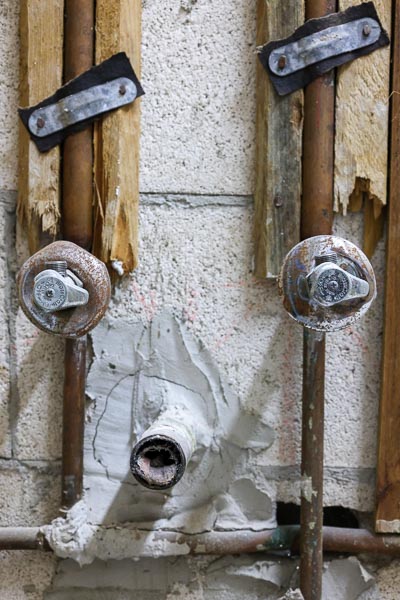Once upon a time in the mad 60’s a pair of mad lefty (but I repeat myself) socialist sociologists refined a strategy for bringing about the blessed socialist utopia by overloading and bankrupting the welfare system. This, they confidently hoped, would crash the capitalist system and bring about the longed-for socialist utopia. Essentially, they drafted the poor and unprivileged into an army demanding services which the state ultimately could not provide; somehow, this would crash the system and bring about radical social reform. The whole thing sounds rather like the Underpants Gnomes theory of economics or the cartoon showing a pair of white-coated scientists examining a complicated mathematical sequence on a chalkboard with a notation in the middle of it which says, “And here a miracle happens.”
Classics and the Public Sphere
From a WSJ op-ed: “As Tennessee expands possibilities for new charter schools, critics are assailing classical education. Some of these schools teach students about the sages and scoundrels of ancient Greece and Rome.” In The New Republic, a public school teacher from New York seems concerned that classics-focused schools promote “retreat from the public sphere” along with sundry bad things such as “nationalistic exaltation of Western civilization.”
Now, a little thought and historical reading will demonstrate that study of the classics is entirely consistent with participation in the public sphere, including participation at very high levelsin the US and in other countries as well. But the issue is more fundamental than this. Is participation in the public spherewhich I read in this context to largely mean political activismreally the only thing that matters in life?
In his superb memoir, the Russian rocket developer Boris Chertok mentions a friend who was a Red Army officer and was also an excellent poet. It was understood that he would never be promoted. Whydid the Red Army have something against poetry? By no means. Did this man write poems that criticized the regime? Nohe did not mention Stalin, did not mention political affairs at all. And that was his offense. Writing good poetry was not sufficient, every poet had to sing the praises of Stalin and of the regime. Unfortunately, we have people in America today who believe that every subject, whether poetry, history, science, or music, must be viewed only through the lens of an endless group-against-group struggle for power. And education in theseand allsubjects should focus on that power struggle and on what is perceived as the urgent need to put everything in a form that will be ‘relevant’ to the daily lives of students and to whatever are the hot topics and issues of the time.
A Promise Or a Threat?
Put me down firmly on the side of those who see “You’ll own nothing and you’ll be happy” as more of a threat; I see “You will be happy” with special emphasis on “will” and the unstated addendum to that statement as “You damn peasants better be happy, or else!”
The simple fact is that owning things especially things which can be construed as tools allow one a degree of independence, and even a mild degree of comfort over and above the norm. This was suggested to me in a college class four decades and more since. I think it must have been the required readings for medieval history course; dedicated medievalists had gone into various probate records and wills in England or France and studied the inventories of barely-above-survival peasant households. Nothing really notable in the main just basic tools, household and farm implements like butter churns, cheese presses, cooking pots, some simple furniture. But at least one of the readings pointed out how possession of certain tools like a cheese-press, hinted that the owner of that item was in fact, making cheese, possibly for their own use or for the market. The very fact that they owned something with which to turn a farm product like milk, into something to sell or barter for in the marketplace implied a slightly higher level of comfort and security for that household.
